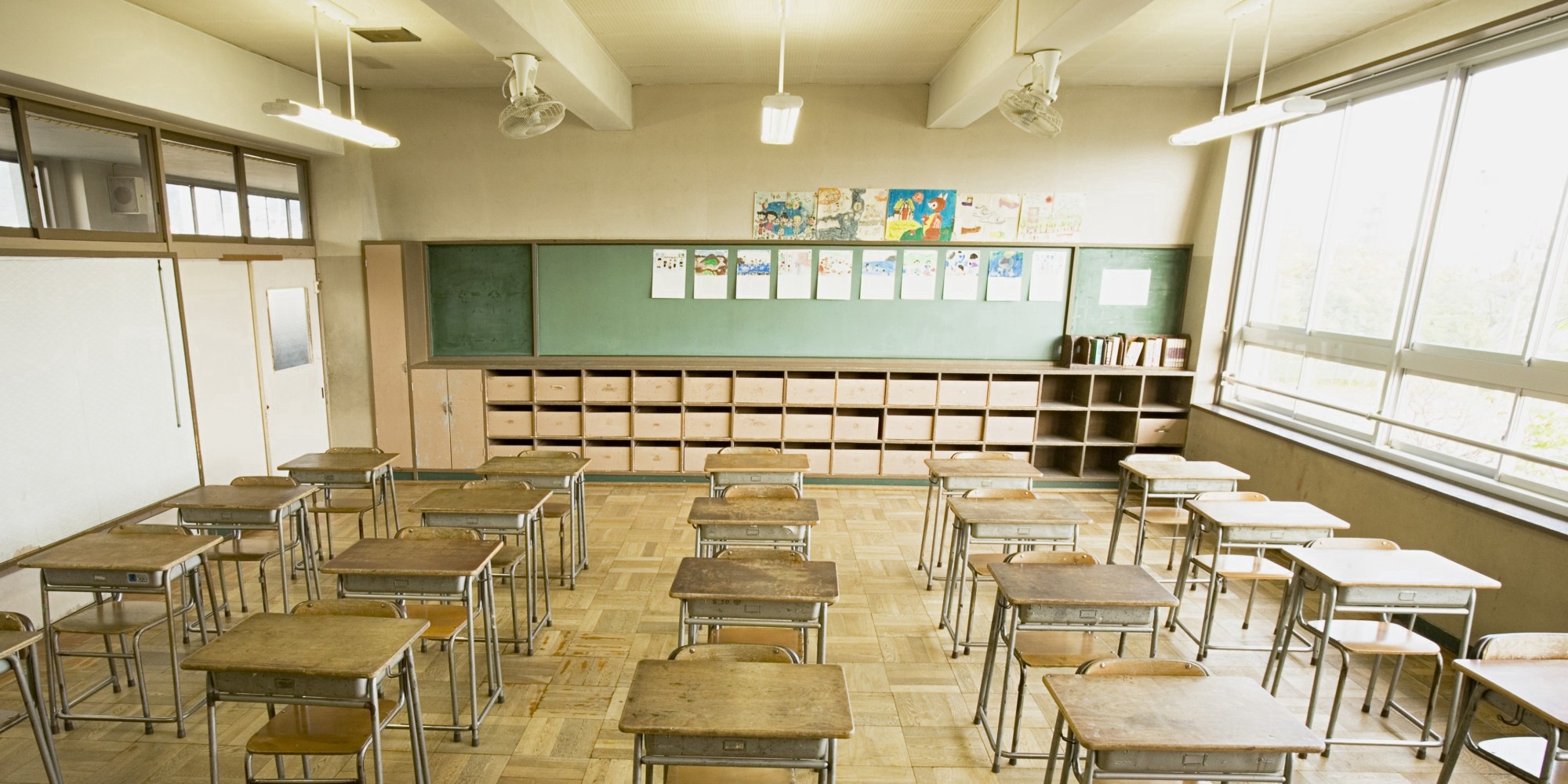In any country, there are three key issues that plague education- access, quality and equity.
All three hold equally true in the case of India as well. In terms of the first issue, there is pretty good consensus now that we have been able to provide access to education to most children in India through SSA and other government reforms. The key challenge remains of quality and equity.
Equity cannot be addressed without first gaining clarity on what we mean when we say ‘quality of education’. So we looked into the relevant literature, and what we realised is that quality is ultimately in the eye of the beholder. There is no absolute standard of quality. Of course we can agree on many parameters of quality, there’s no doubt. But to say definitively that this is quality and get everybody to agree to it is next to impossible.
So we worked backwards and looked at the consumers of education.
Parents and students can only articulate what good education or quality education is, if they are able to explore different options by having the freedom to choose. What follows then is that choice is a prerequisite for defining quality education.
As long as we create an ecosystem of education, where every parent has a choice of school, choice of pedagogy, choice of curriculum, of examination system etc., then the consensus on the definition of quality education can be reached more organically. There has to be a bottom-up approach to defining quality rather than something that comes top-down.
But without the first step of ‘choice’, the progression to what quality education is and how it should be disseminated is moot.
Note: The full version of the trancript can be found here.
Post Disclaimer
The opinions expressed in this essay are those of the authors. They do not purport to reflect the opinions or views of CCS.






